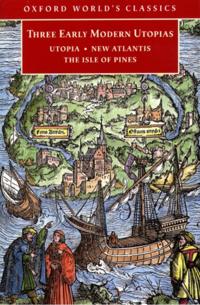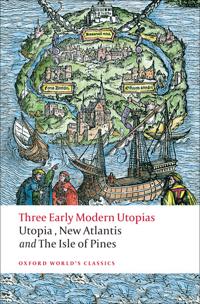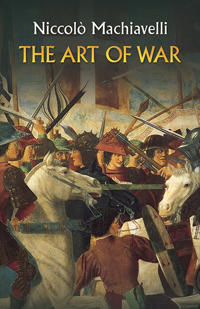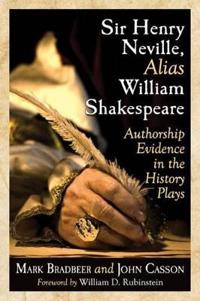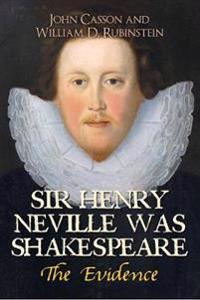Three Early Modern Utopias: Thomas More: Utopia / Francis Bacon: New Atlantis / Henry Neville: The Isle of Pines
ISBN: 9780191587337 - UTGIVEN: 2015-11A unique edition of three early modern utopian texts, using a contemporary translation of More's Utopia and examining the Renaissance world view as shown by these writers. The edition includes the illustrative material that accompanied early editions of Utopia, full chronologies of the authors, not[...]
Three Early Modern Utopias: Thomas More: Utopia / Francis Bacon: New Atlantis / Henry Neville: The Isle of Pines
ISBN: 9780191606052 - UTGIVEN: 2015-11A unique edition of three early modern utopian texts, using a contemporary translation of More's Utopia and examining the Renaissance world view as shown by these writers. The edition includes the illustrative material that accompanied early editions of Utopia, full chronologies of the authors, not[...]
Three Early Modern Utopias (Pocket)
avThomas, Sir, Saint More, Francis Bacon, Henry Neville
ISBN: 9780199537990 - UTGIVEN: 200901Thomas More: Utopia/ Francis Bacon: New Atlantis/Henry Neville: The Isle of Pines With the publication of Utopia (1516), Thomas More introduced into the English language not only a new word, but a new way of thinking about the gulf between what ought to be and what is. His Utopia is at once a scath[...]
The Art of War (Pocket)
avNiccolo Machiavelli, Henry Neville, Niccolo Machiavelli
ISBN: 9780486445090 - UTGIVEN: 200601Best known as the political theorist who wrote "The Prince, Machiavelli considered "The Art of War his most important work. Five centuries later, after serving as a guide to Frederick the Great, Napoleon, and countless other military leaders, this book remains an authoritative treatise on the fundam[...]
Sir Henry Neville, Alias William Shakespeare
ISBN: 9780786494811 - UTGIVEN: 2015-01During Shakespeare's life, the History Plays were more than a collection of history lessons. They were cause to compare and contrast with the current monarchy and perhaps draw out some allegories and allusions. They were political and therefore dangerous. Yet William Shakespeare from Stratford-on-Av[...]
Sir Henry Neville Was Shakespeare
ISBN: 9781445654669 - UTGIVEN: 2016-04Who wrote the works of Shakespeare? Revealing newly discovered evidence, John Casson and William D. Rubinstein definitively answer this question, presenting the case that the man from Stratford simply did not have the education, cultural background and breadth of life experience necessary for him to[...]

